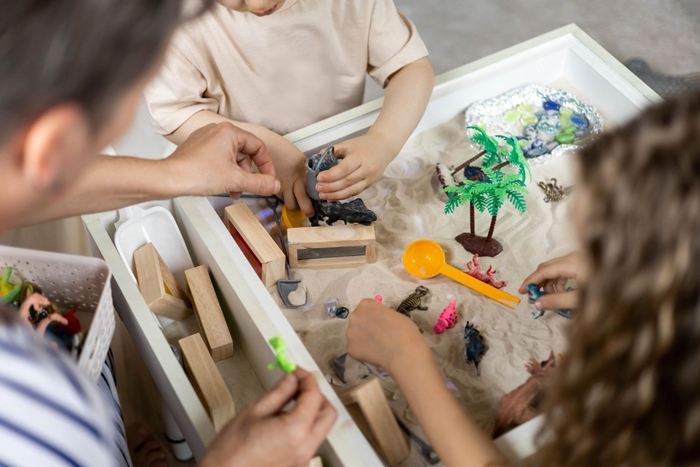The Hidden Curriculum of Growth While academic achievement remains a core focus in schools, the importance of co-curricular activities in shaping a child’s overall development is increasingly being acknowledged. From sports and music to drama, debate, coding clubs, and community service, these activities provide avenues where children can explore their interests, build vital life skills,...
BlogBeyond the Syllabus: Why Co-Curricular Activities Are Essential to Child Development

The Hidden Curriculum of Growth
While academic achievement remains a core focus in schools, the importance of co-curricular activities in shaping a child’s overall development is increasingly being acknowledged. From sports and music to drama, debate, coding clubs, and community service, these activities provide avenues where children can explore their interests, build vital life skills, and grow into well-rounded individuals. Education today is not just about what’s taught in the classroom—it’s equally about what’s learned beyond it.
Building Confidence and Communication
Participating in co-curricular activities offers children a platform to step outside their comfort zones. Performing on stage, participating in a sports competition, or presenting in a debate cultivates confidence and improves public speaking skills. These experiences teach students how to express themselves clearly, handle pressure, and respond constructively to feedback. Such communication skills are not only crucial in personal development but are foundational to future success in leadership, teamwork, and career roles.
Fostering Teamwork and Collaboration
Activities that require group participation—such as sports teams, theater productions, or science fairs—help students develop strong interpersonal skills. Learning how to listen to others, divide responsibilities, negotiate differences, and celebrate group successes are key lessons in collaboration. These experiences reinforce empathy and mutual respect, preparing students for social and professional environments where cooperation is essential.
Discovering Passions and Talents
Co-curricular programs offer children the chance to try out new interests and uncover talents that may not emerge in the academic classroom. A child who struggles with conventional academics might shine in photography, robotics, or creative writing. These discoveries can boost self-esteem and provide direction for future goals. For some students, co-curricular engagement becomes a lifelong passion or even the foundation for their future careers.
Enhancing Academic Performance
Interestingly, research shows that students involved in co-curricular activities often perform better academically. These programs teach essential skills such as time management, discipline, and goal setting. When children learn to balance their responsibilities, they become more organized and focused. Moreover, the joy and motivation derived from these activities can translate into a more positive attitude toward school and learning in general.
Promoting Physical and Emotional Well-being
Activities like yoga, dance, and sports contribute significantly to physical health and mental wellness. They help children manage stress, improve fitness, and develop a sense of routine and responsibility. Engaging in something enjoyable outside of academic work also gives children a sense of balance, which is crucial in preventing burnout and maintaining emotional well-being.
Laying the Groundwork for Lifelong Learning
The skills gained through co-curricular participation—creativity, resilience, adaptability, and leadership—are some of the most sought-after attributes in the 21st-century world. These experiences teach children how to think critically, adapt to new situations, and keep learning throughout their lives. In many ways, co-curricular activities act as a bridge between education and the real world, making learning more holistic and meaningful.
By valuing and integrating co-curricular opportunities into a child’s educational journey, schools empower students to become curious, confident, and capable individuals. Beyond textbooks and tests, it’s often on the stage, in the lab, or on the playing field where children discover who they truly are.